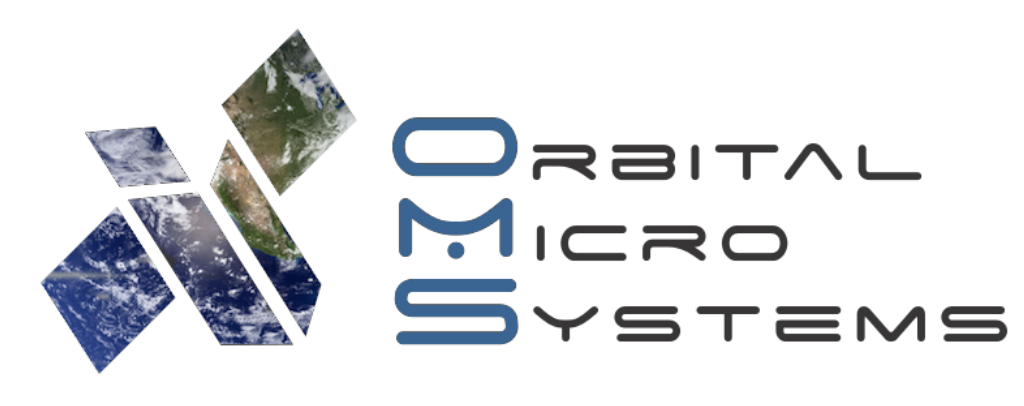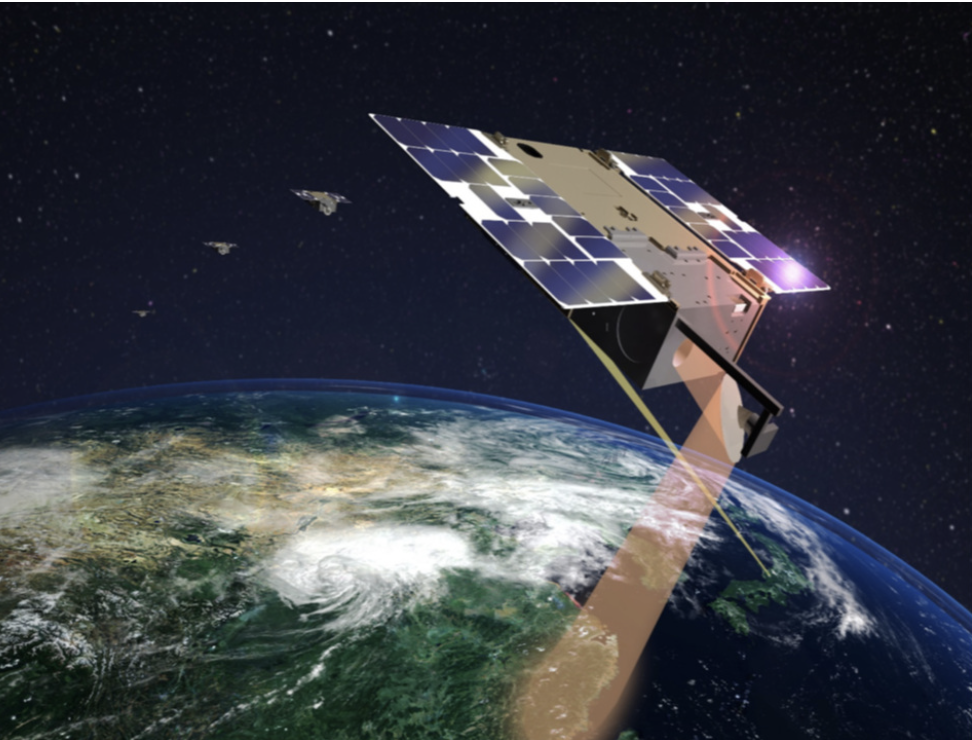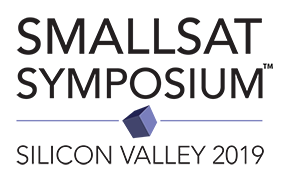
Orbital Micro Systems (OMS) has partnered with Georgia Tech (Georgia Institute of Technology) to develop Monolithic Millimeter-Wave Integrated Circuit (MMIC) devices using silicon-germanium semiconductor hybrid material for its next generation of commercial Earth Observation (EO) radiometry instruments.

Working closely with the University’s Silicon-Germanium Devices and Circuits group, led by Professor John D. Cressler, OMS anticipates the single-chip solution will dramatically reduce the weight, size, and power consumption of its satellite-based instruments while taking advantage of the inherent radiation tolerance of silicon-germanium devices. Dr. Cressler is a renowned expert on silicon-germanium design and is the Schlumberger Chair Professor in Electronics and Ken Byers Teaching Fellow in Science and Religion in the Georgia Tech School of Electrical and Computer Engineering.

Proprietary microwave sensor satellites.
OMS brings decades of successful design and miniaturization of microwave radiometers to the effort. The company’s recent launch of the first satellite in its Global Earth Monitoring System (GEMS) constellation employs the current generation of miniaturized instruments.
The GEMS constellation is planned to incorporate some 48 satellites operating in LEO gathering global temperature, humidity, and precipitation data. When fully complemented, the satellites will provide observations at a 15-minute revisit rate — a dramatic improvement over the infrequent observations from large government-owned weather satellites. Delivering more dense weather data to commercial and government customers through the International Center for Earth Data (ICED), OMS will address unmet needs in multiple areas including safety, security, and prosperity, as well as commercial transportation, insurance, and agriculture markets.
Michael Hurowitz, CTO for OMS, said that designing instruments for use in key weather and climate observations requires the firm to continuously innovate to achieve state-of-the-art capabilities while simultaneously optimizing for size, weight, power, cost, resiliency, reliability, sensitivity, and resolution. Working with esteemed colleagues at Georgia Tech will accelerate the company’s EO constellation mission and ultimately enable better weather and climate data collection for every point on the globe.
Dr. Cressler noted that the Georgia Tech team is delighted to support OMS’ mission to substantially improve the quality and frequency of EO data for government and commercial stakeholders, hopefully impacting hundreds of millions of lives around the globe.

